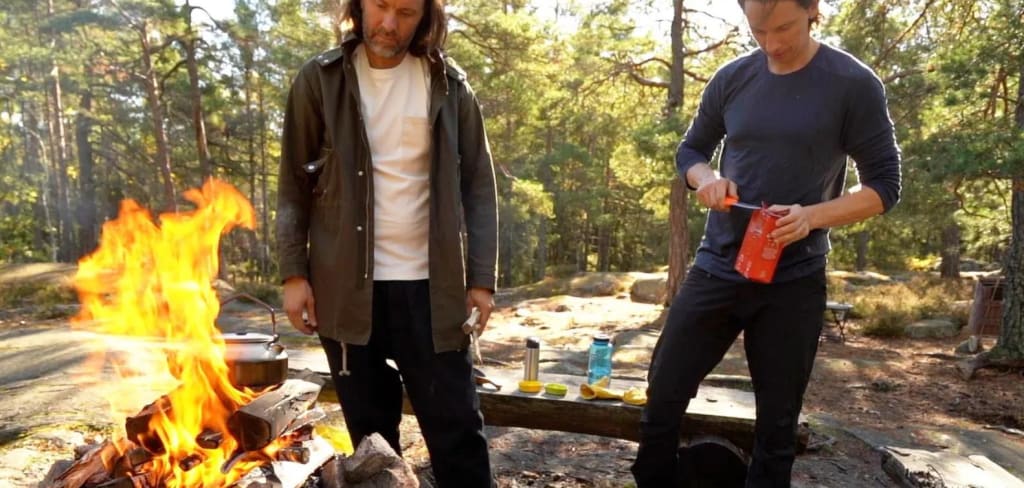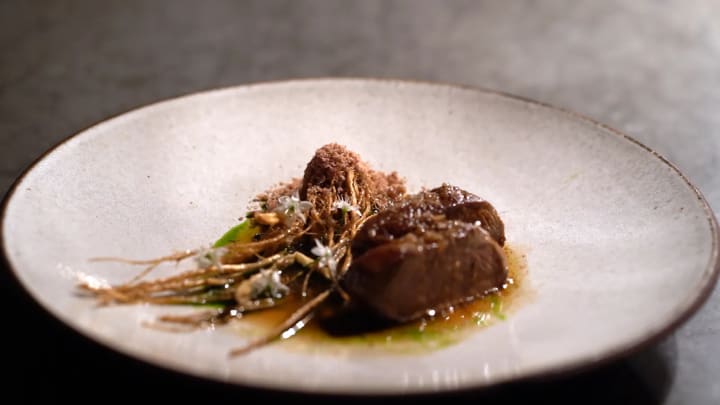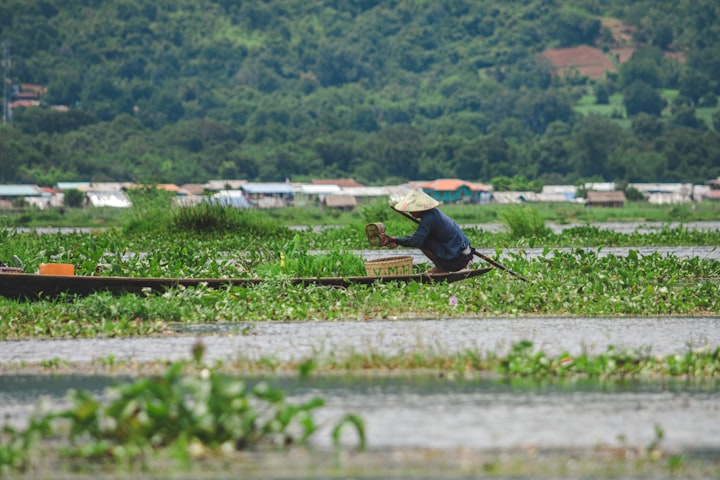
At his Michelin-starred restaurant, Ekstedt, located in downtown Stockholm, chef Niklas Ekstedt brings the natural world indoors. Considered one of Sweden's most famous chefs, he transforms raw ingredients into fine cuisine solely through the use of fire, ash, soot and smoke – no gas or electricity allowed.
To Ekstedt, this method brings Swedish cooking back to its roots. "Fire for me, it's like the history of humans. It is the way that we cooked the majority of the time," he said. Ekstedt conjured his childhood memories of being out in the woods with his parents – in the small town of Järpen in northern Sweden – and brought them into a modern restaurant setting to evoke a sense of nostalgia, a sentiment which he believes is shared with and appreciated by his diners.
Once part of a Scandinavian cuisine revolution back in the 1990s that focused on contemporary molecular cooking techniques, Ekstedt has become a national and international celebrity, hosting a Swedish cooking show called Niklas Mat, authoring several books (his latest being Happy Food, a deep dive into plant-focused diets) and serving as a judge on Netflix's Crazy Delicious alongside American chef Carla Hall and Britain's Heston Blumenthal.
However, despite all his success and feeling a bit uncertain about what he wanted in a new restaurant venture, in 2011 Ekstedt decided to take a break from the limelight and live in a wooden cabin in the forest with his family, without any electricity or gas, and learn the ancestral techniques of cooking with open fire.
According to his restaurant's website, Ekstedt said, "I roamed the land around our summer cottage on Ingarö in the Stockholm archipelago, musing like some melancholic character in a black and white Ingmar Bergman film."

After some deep soul-searching, he became inspired by the birch trees and the qualities that their smouldering wood lent to cooked food, which sent him on a new mission to bring wood-fired cooking techniques to the city. Once back in Stockholm, he researched ancient Swedish recipes, but discovered that they left out one practical ingredient: directions on how to actually cook the food.
"What was interesting was that the techniques were not written down," he said. "The recipes were written down but the techniques they took for granted, because they just assumed people knew how to put up a fire, how to smoke, how to use the coal and the stove."

Through trial and error, he eventually learned how to apply the techniques to his rustic but refined menu, his own take on New Nordic cuisine. Now, armed with a fire pit, wood-fired oven and wood stove, he's mastered the ability to create dishes like cod smoked with juniper branches as well as tasting menus featuring items like oysters, scallops and reindeer.
While vegetables are certainly part of his culinary canon, Ekstedt believes that eating meat and fish can be sustainable if done consciously, and he is inspired by the Sami, an Indigenous group of Scandinavian people who "live from the reindeer, the meat and the land." He continued, "And praising their meat will have a broader cultural importance in Sweden."

The pandemic has taught us in the food world that nature can really come back quickly
Eating sustainably sourced local food has become Ekstedt's ethos, whether cooking meats over an open hearth or foraging in the woods for blueberries or mushrooms. While he is concerned about the stresses that humans have placed on the planet's soil and waters, he offers a sense of hope, believing that lessons learned from Covid can show us how to better take care of the Earth. "The pandemic has taught us in the food world that nature can really come back quickly," he said.






Comments
There are no comments for this story
Be the first to respond and start the conversation.